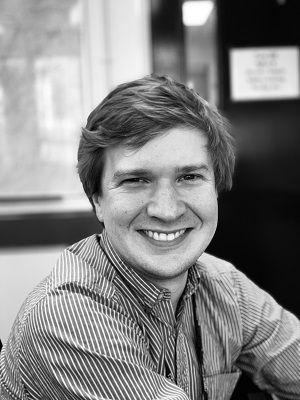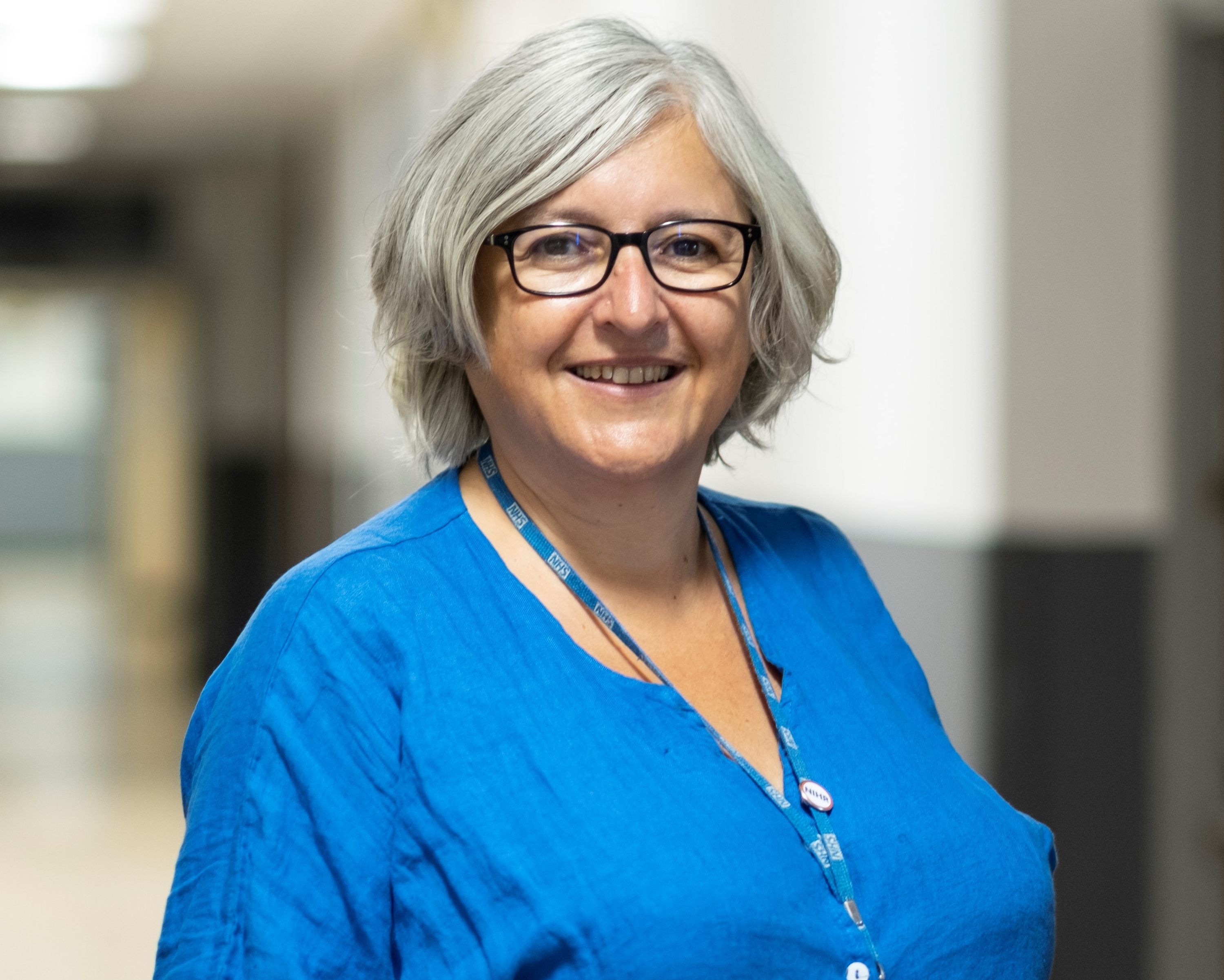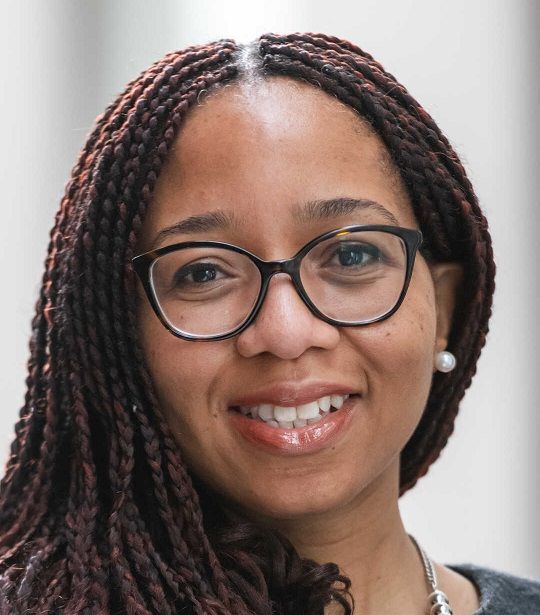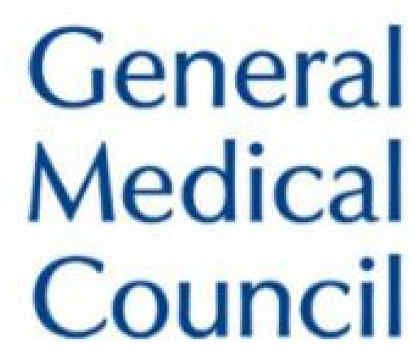RESEARCH: DEVELOPING ARTIFICIAL INTELLIGENCE (AI) THAT CAN SPEED AND IMPROVE THE QUALITY OF CARDIAC MRI SCANS
 How did you get into research?
How did you get into research?
I’ve always been fortunate to have excellent academic mentors. As a first-year doctor, my consultant took me under his wing when I expressed an interest in academic cardiology. He involved me in some abstracts and encouraged me to go to America to present them. A few years later I had put my CV online, and it was found by Professor Darrel Francis. He emailed me and (wrongly!) accused me of lying on my CV, but also said, given my computer skills, there would be a place for me on his research team. That was 11 years ago, and I’ve not left Imperial since.
What do you enjoy about research?
I love so many aspects, but if I had to pick one, it would be the problem-solving aspect. When I first got into research I wanted to be a clinical trialist, but as time has gone on I’ve ended up becoming a computer scientist. I find it immensely satisfying to take a difficult clinical problem and then figuring out a way that a computer might be able to help with it. Two pieces of AI software I’ve written in the last few years are running across several London hospitals, and are actually getting used to improve the way we perform heart scans - knowing my work is so translatable makes it all the more exciting.
What was the most difficult aspect of doing your PhD?
It was probably figuring out how I even could do a PhD. I was just getting into AI around the time I was applying for PhD fellowships, but, it wasn’t clear how (or even if) I could write a clinical research training fellowship to do a PhD in AI. Luckily I won an Imperial Wellcome 4i PhD Fellowship - this had the advantage that I didn’t need to have a specific project in mind before applying. I’m convinced it was only this programme that meant I was able to sculpt myself a career as an AI researcher.
What was the most challenging aspect of continuing your research after completing your PhD?
I struggled to find a research niche. Professor Edwin Chilvers once told me he viewed me as a ‘methodologist’, which is so true. At the end of my PhD I’d written AI papers across fields such as echocardiography, cardiac MRI, ECGs, X-rays and coronary physiology. However, I wasn’t an expert in anything (except the AI itself). This left me worried about my next steps - I needed a substantial body of work to base an intermediate research fellowship on. However, over the next 2 years, I became increasingly involved in cardiac MRI, and started to work with some amazing international collaborators at the NIH, such as Peter Kellman. In the end, the IRF sort of fell into place.
What difference has your research training and experience made to your career?
It’s probably defined my career. Although I initially wanted to be a clinical trialist, and joined Imperial as an honorary research fellow over a decade ago, my recent British Heart Foundation Intermediate Fellowship and Senior Lecturer appointment are entirely based around the AI skills I picked up during my PhD since 2017.
How has research changed your clinical practice?
I’m fortunate that my clinical practice, which is mainly cardiac MRI, is also my research field, and so I am starting to see the projects that I and my collaborators have been working on in the last few years enter our own clinical practice. I’m very excited that we’re about to start a randomised trial of one of these in our clinical patients at Hammersmith Hospital.
What has made a difference to progressing your research career?
My mentors. I look back and I wonder what sort of career I would have if people like Dr Wragg and Professor Francis hadn’t given me the opportunities they did. I think also being kept on a pretty long leash; Professor Francis would be the first to admit he is a very ‘hands off’ PhD supervisor, but I think if I had been micromanaged for 3 years, I wouldn’t have been able to learn the skills I did.
Where do you see your clinical academic career going over the next 5 years?
I hope to be known not only as a doctor who develops AI software to improve cardiac MRI scans but also as one who can demonstrate its benefits in proper controlled trials. I’m as cynical as anyone else about AI, and we have a duty to show AI makes a measurable difference to patient care.
Dr James Howard, Senior Clinical Lecturer, Cardiology, Imperial College London
Download James' research careers case study: Dr James Howard - Case Study (PDF)
Useful links
Contact us
The CATO Team and Radiographers Incubator work on a Hybrid model, combining days in the office with days working from home – the best way to reach us is by email.
cato@imperial.ac.uk
radresearch@imperial.ac.uk
+44 (0)20 3313 7397



